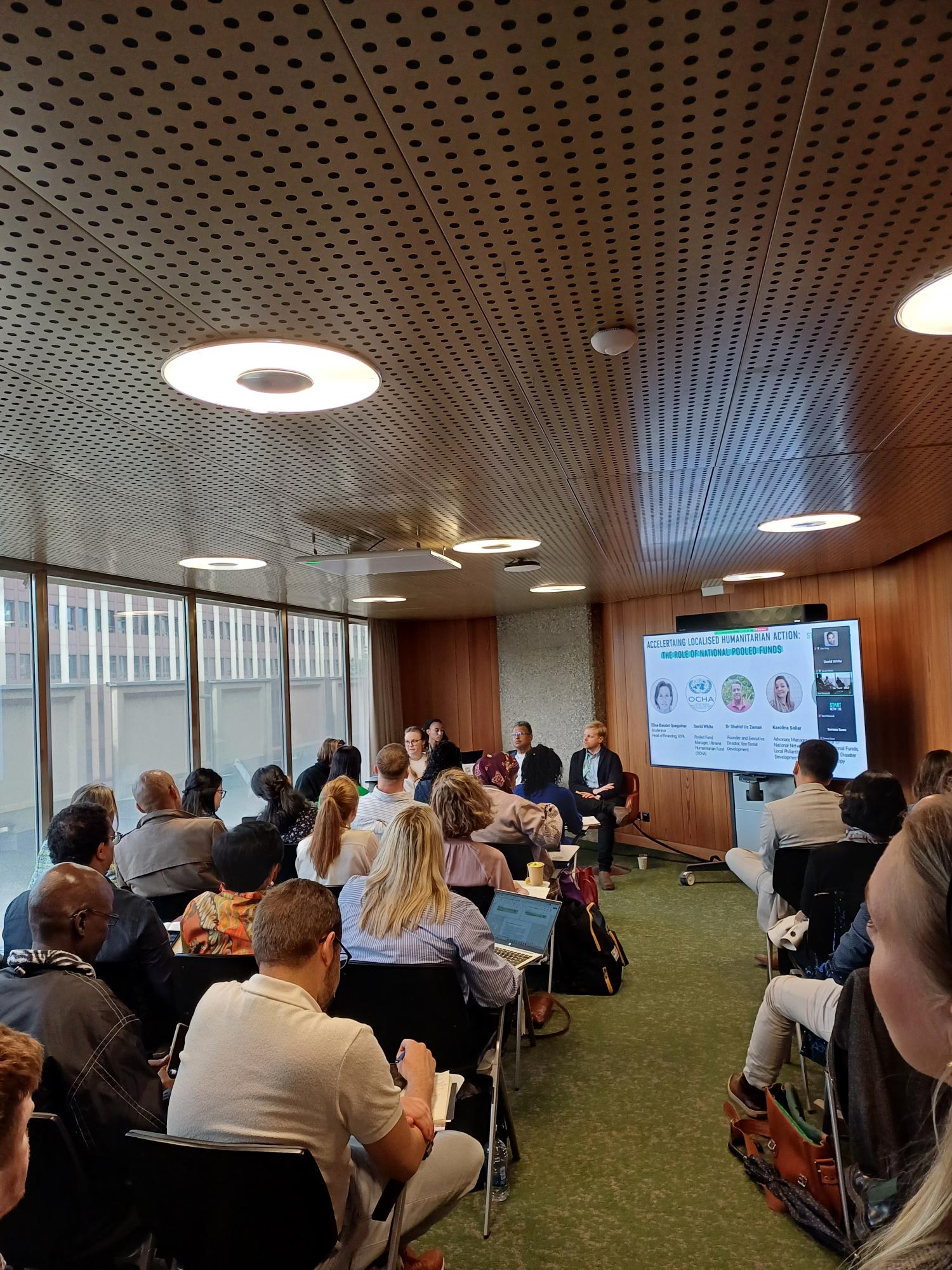Key Takeaways:
In parallel to the decrease in global humanitarian financing, there has also been a decrease in financing to country-based pooled funds. However, in recent years through pooled funds, there has been an increase in the percentage of funding directly to national partners.
It is generally accepted that pooled funds are a positive vehicle for localisation. INGOs are more critical towards pooled funds compared to national NGOs but there is agreement by all NGOs recipients to advocate for multiyear funding pooled funds. Further, the lack of a clear definition or list of humanitarian pooled funds limits the ability to share best practices and lessons learned throughout the sector.
Some suggestions for improvement from NGOs include elements such as access, capacity strengthening, risk sharing, quality funding and enable nexus and climate financing. In terms of access, the research shows that NGOs are asking for more information, review due diligence barriers, provide proposal feedback, increased transparency. On capacity strengthening, the recommendations focus on proposal feedback and mentorship.
Across academic and grey literature, arguments for localisation are generally categorised into matters of effectiveness, efficiency, and equity. However, a lack of evidence on the impact of localisation limits advocacy efforts for greater locally led action. The humanitarian sector must develop the evidence base on localisation to incentivise a shift in practice.
The challenges faced by national actors to access pooled funds are twofold. First, pooled fund tools and donor processes, especially for eligibility, are more appropriate for assessing INGOs rather than national NGOs. Second, the scale of donor funding can be high and so due to administrative burdens, not all funds can be channelled to national civil society

